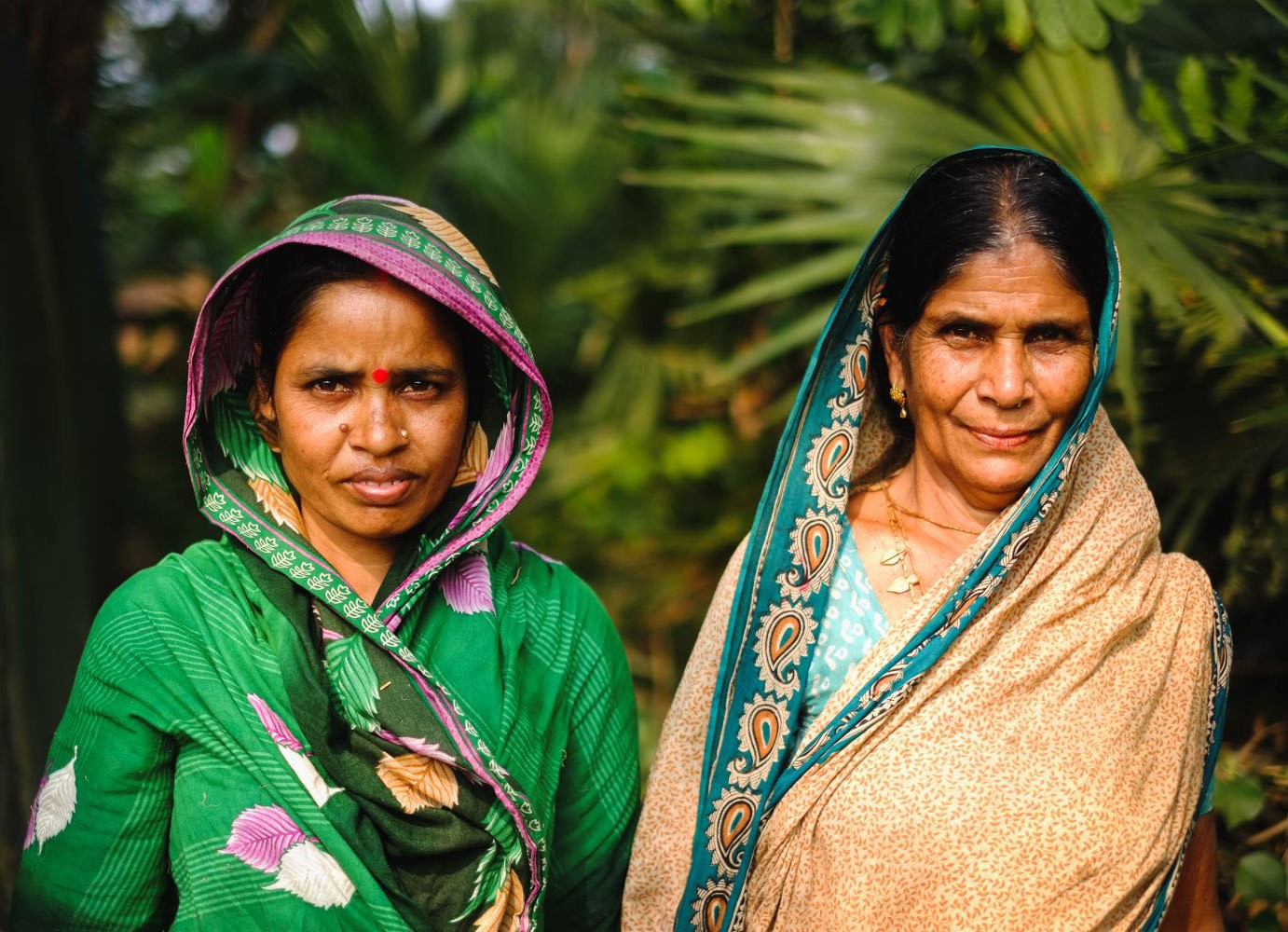When the post-2015 process kicked off, I was regularly asked what the new MDGs should include. My response almost always raised eyebrows. I’d say “whatever ordinary people want them to be” and that decision makers should ask them (not people like me). Not highly choreographed ‘consultations’ with interest groups and stakeholder representatives. No, that’s far too old school and distortionary. Instead, those coming up with new global goals should just ask ordinary people about their priorities through open-ended, representative surveys. That wouldn’t get us the whole way there, but at least we’d know whether the discussion was in the right ballpark.
The startled reactions got me thinking. Has all the jargony aid-world talk about backing country-led priorities meant anything? After all, there have been countless high-level declarations about how important this is for years. So, are donors actually following through by soliciting and listening to people’s top concerns? Or, have they simply continued with business as usual, driven by perceptions of need abroad and political constituency considerations at home? All wrapped neatly of course in countries’ national development plans – which conveniently cover literally everything and almost always lack any sense of prioritization.
After stewing on this for a long time, I finally took a closer look. In a forthcoming CGD paper, I examine public attitude surveys conducted over the past decade to discover what people in Africa and Latin America say are the most pressing problems facing their countries. I then examine how well US development programs have aligned with these issues. (Unfortunately there aren’t recent comparable surveys for other regions; otherwise I would have looked at them too.)
Here’s a peek at what I found about what Africans say are the most pressing problems in their countries. How well do you think US assistance aligns with these concerns? Should it? These are some of the issues I’ll be exploring in the forthcoming paper.
Most Pressing Problems in Sub-Saharan Africa, 2002-2012

CGD blog posts reflect the views of the authors, drawing on prior research and experience in their areas of expertise.
CGD is a nonpartisan, independent organization and does not take institutional positions.






